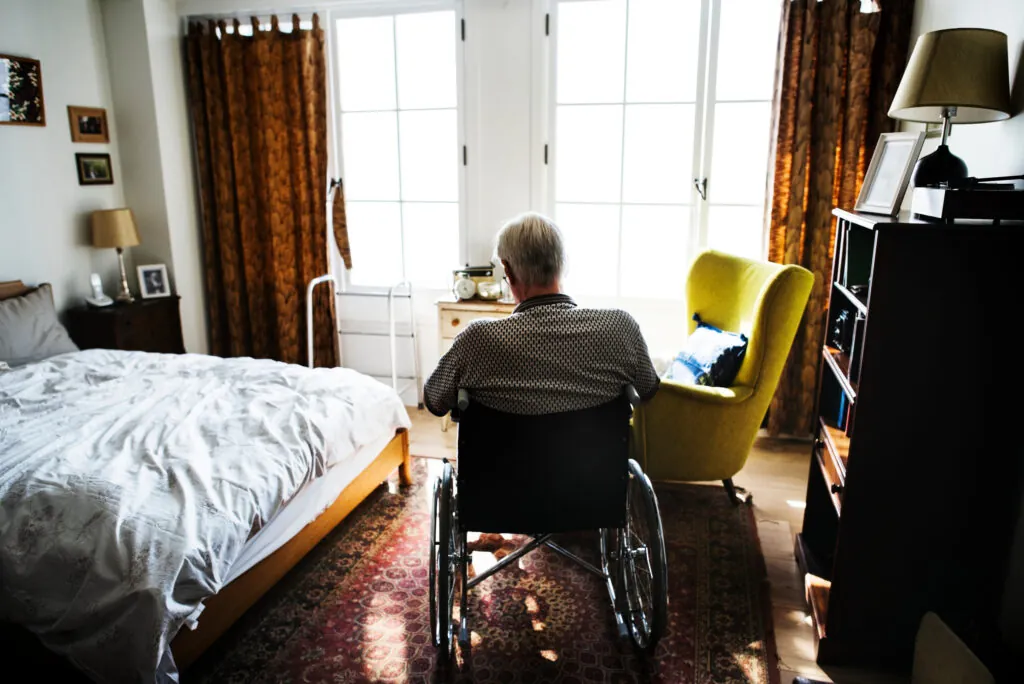Legal Duties of Nursing Home Administrators in Preventing Abuse in Florida
Preventing Abuse in Florida
Nursing homes serve as vital facilities providing care for the elderly and vulnerable populations. Ensuring the safety and well-being of residents is paramount, particularly in preventing abuse. Abuse in nursing homes can take many forms, including physical, emotional, sexual, and financial abuse, as well as neglect.
Nursing home administrators play a crucial role in safeguarding residents, with specific legal responsibilities to prevent abuse. This article explores the legal duties of nursing home administrators in Florida and provides insights into best practices to ensure resident safety.
Legal Framework Governing Nursing Home Administration in Florida
In Florida, nursing home administrators must adhere to stringent laws and regulations designed to protect residents. The primary legal framework includes the Florida Statutes, the Florida Administrative Code, and federal regulations under the Nursing Home Reform Act of 1987.
Florida Statutes
Chapter 400 of the Florida Statutes outlines the regulations for nursing homes, including licensing requirements, resident rights, and the obligations of administrators. Administrators must ensure compliance with these statutes to maintain their license and operate legally.
Florida Administrative Code
The Florida Administrative Code provides detailed guidelines on the implementation of the statutes. It includes regulations on staff training, facility operations, and incident reporting. Administrators must stay updated with any changes in the code to ensure ongoing compliance.
Nursing Home Reform Act of 1987
This federal law, also known as the Omnibus Budget Reconciliation Act (OBRA), sets the standards for nursing home care nationwide. It emphasizes the quality of care, residents’ rights, and the prevention of abuse and neglect. Florida nursing homes receiving Medicare or Medicaid funding must comply with OBRA regulations.
Key Responsibilities of Nursing Home Administrators
Nursing home administrators in Florida have several key responsibilities to prevent abuse and ensure the safety of residents. These responsibilities include:
Staff Training and Education
Administrators must ensure that all staff members are adequately trained to recognize and prevent abuse. This includes regular training sessions on identifying signs of abuse, understanding reporting procedures, and fostering a culture of respect and care.
Resident Rights
Protecting the rights of residents is a legal obligation. Administrators must ensure that residents are informed of their rights and that these rights are upheld. This includes the right to be free from abuse, neglect, and exploitation.
Monitoring and Supervision
Effective monitoring and supervision of staff and residents are crucial in preventing abuse. Administrators must implement robust systems to oversee daily operations, including the use of surveillance cameras, regular audits, and unannounced inspections.
Reporting and Response
Prompt reporting and response to any allegations or suspicions of abuse are legally mandated. Administrators must have clear protocols in place for reporting abuse to the appropriate authorities and taking immediate action to protect residents.
Facility Environment
Maintaining a safe and supportive facility environment is essential. This includes ensuring that the physical environment is free from hazards, that there are sufficient staffing levels, and that staff are equipped to provide high-quality care.
Best Practices for Preventing Abuse in Nursing Homes
Implementing best practices can significantly enhance the efforts to prevent abuse in nursing homes. Some of these best practices include:
Comprehensive Background Checks
Conduct thorough background checks on all staff members before hiring to ensure they do not have a history of abusive behavior or criminal activity.
Resident and Family Involvement
Encourage the involvement of residents and their families in care planning and decision-making. This helps to create a supportive community and empowers residents to speak up about their concerns.
Regular Training Programs
Provide ongoing education and training for staff on topics such as elder abuse, communication skills, and stress management. Keeping staff informed and skilled is crucial in preventing abuse.
Open Communication Channels
Establish open lines of communication between residents, families, and staff. Encourage reporting of any concerns or incidents without fear of retaliation.
Supportive Work Environment
Foster a positive and supportive work environment for staff. Addressing issues such as burnout, workload, and job satisfaction can reduce the risk of abuse stemming from stress or frustration.
Consequences of Failing to Prevent Abuse and Legal Recourse
Failure to prevent abuse in nursing homes can lead to severe consequences, both for the facility and the administrators. These consequences include:
Legal Penalties
Nursing homes and administrators found guilty of failing to prevent abuse may face significant legal penalties, including fines, loss of licensure, and criminal charges.
Civil Litigation
Victims of abuse or their families may file civil lawsuits seeking compensation for damages. This can result in substantial financial liability for the facility and the administrators.
Reputational Damage
Incidents of abuse can severely damage the reputation of a nursing home, leading to loss of trust and a decline in resident admissions. Rebuilding a tarnished reputation can be a lengthy and challenging process.
Federal and State Sanctions
Non-compliance with federal and state regulations can result in sanctions, including the suspension of Medicare or Medicaid funding. This can have a devastating impact on the financial stability of the facility.
Administrative Actions
Regulatory bodies may take administrative actions against the facility or the administrators, such as license revocation, probation, or mandatory corrective actions.
Contact Rafferty Domnick Cunningham & Yaffa Today
The legal responsibilities of nursing home administrators in Florida are designed to protect residents and prevent abuse. By adhering to the legal framework, fulfilling their key responsibilities, and implementing best practices, administrators can create a safe and caring environment for their residents. The consequences of failing to prevent abuse are severe, underscoring the importance of diligent and proactive measures to safeguard the well-being of the vulnerable individuals in their care.
Rafferty Domnick Cunningham & Yaffa is committed to providing legal support and guidance to nursing home administrators, ensuring they meet their legal obligations and protect their residents from abuse. By partnering with Rafferty Domnick Cunningham & Yaffa, administrators can access expert advice and resources to help maintain a safe and compliant nursing home environment. Reach out to us at 561-516-5168 or book a consultation online to schedule a consultation and learn more about how we can assist you.






